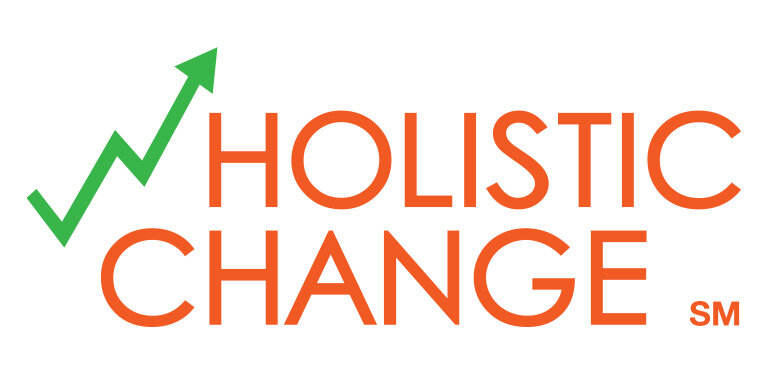How lucky to post on the 4th of July! If you want to talk about change, the transition of the colonies to their independence and as a result, the birth of our country, is a great historical example of change on a large scale!In Krista Tippet's weekly show -- On Being -- her guest this week, Jacob Needleman speaks about change based on conscience. Mr. Needleman describes how George Washington stepped away from power for the good of the country. This action reinforces the concept of "egoless" change. Change needs to not be about glory, it needs to be about the goal of the change.Where needed, the individual needs to recognize the whole of the group and understand when their individual contribution to the change needs to slip into the background and the synergy of the group needs to drive the change forward. A leader is absolutely needed to get things off the ground and moving. But once there is forward momentum, leading from behind is a crucial and effective strategy.You will always need the charismatic change agents who can persuade and engage people and get them on board with the change. It isn't necessarily the change agent's responsibility to be the visionary, but they are putting their reputations on the line every time they advocate for the change and persuade their peers to pay attention and give it a try.When you formulate the change, if it is based on conscience, your change agents will be in a position where they are advocating for a change that is positive, and their advocacy will solidify their standing with their peers. A change based on an individual's ego, and that is not taking into consideration the greater good, will not have a positive outcome.History has a lot to teach us about the future. I don't think we're so different now than we were in 1776 -- we all have goals and aspirations -- a bottom line of what is acceptable to us and what isn't -- we all want to strive for something better. Make sure your change is heading toward something that is better.

